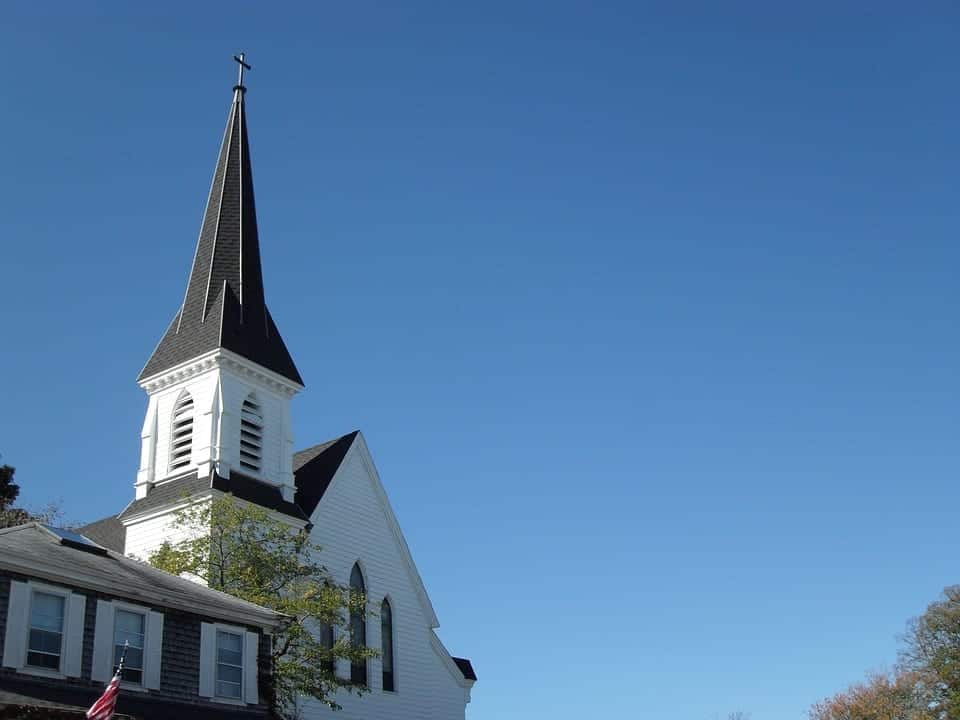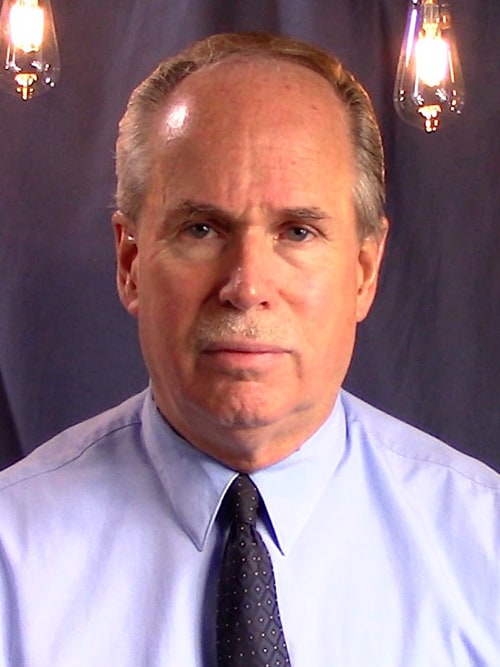You’ve probably heard it said before; “nothing’s sacred anymore.” There seems to be a core truth in that statement that continually gathers momentum. We don’t appear to value a whole lot of things anymore in a sacred kind of way that makes something intensely worthy of our fullest admiration. Quite the opposite, we seem to have embraced this slip-shod and rather dubious view that our world is filled with things that we can randomly sort through and determine of our own accord if they have value or not. This “sorting” sometimes seems like a massive blind heathen hoard rummaging through priceless treasures, shifting and sorting without forethought as to the precious artifacts they blithely and blindly toss aside. The problem with it all is that what is sacred is not recognized as sacred because we often won’t grant it that place in our lives. We’ve ignored it long enough to forget what it looks like. And because we’ve completely forgotten what the sacred looks like, we don’t know it well enough to even remotely recognize it when it brushes by us. In reality, even if we could actually ascertain the sacred, our attitudes are such that we might not even care that it visited us.
Definition of the Sacred
To talk about the sacred I suppose that we need to have a fresh and somewhat re-energized understanding of it. The Merriam Webster Dictionary has several definitions for the word “sacred.” However, one definition paints in broad relief an essential and largely lost characteristic of the word “sacred” that abruptly thrusts it off our bland canvases and makes it more than a colorless word or pathetically lifeless concept. That definition defines the “sacred” as something, “entitled to reverence and respect.” That doesn’t quite electrify the word with a whole lot of brilliant hues does it? That might be because we’ve forgotten.
The definition suggests that there are things that have some inherent quality or qualities within them that are worthy of reverence and respect. Apparently, some things possess characteristics that should elicit our utmost admiration. It assumes that there are things in existence that are entitled to reverence and respect; otherwise the definition makes no sense. Why we would define something that doesn’t exist? Why would we suggest attributes that we can’t apply to anything or than being a genuinely nice idea or an intriguing concept? Therefore, there must be things in our world and probably in our own lives that are sacred.
What the Sacred Asks of Us
I’ll bet that we never really think about the fact that we may not embrace the sacred or give it due attention because of what it asks of us. Therefore, consider the following:
The Sacred Asks that We Recognize We Can’t Create It
It would seem that the truly sacred things in life are truly sacred not because we put those qualities within them, but because they have those qualities naturally. The sacred would seem to be sacred of its own accord and not because we did something to make it sacred. It would seem that if we can create it, it’s probably not sacred because it doesn’t reflect anything that’s any more than who we are. “Sacred” implies something greater than us that in all probability didn’t originate with us. Therefore, we can’t create it and have to embrace it as something superior to who we are and what we can create of our own efforts.
The Sacred Asks Our Reverence
So, what is the sacred anyway? Too often, what’s sacred to us is ‘us.’ In essence, we reverence ourselves. Therefore, out of that we grant ourselves unapologetic permission to define the sacred in whatever manner tickles our fancy. The sacred has a whole lot better chance of getting some air-time in our lives if we are granted editorial license to take up the intellectual pen and define it a bit. Our desire to define it appears to be rooted in what it will do to us if we don’t define it. If we don’t define it, we let it define itself which could result in possible consequences for us. Therefore, we don’t reverence it. Rather, we define it, fooling ourselves in the defining that we’ve defined it into something mystically reverential. Actually, we’ve stripped it of reverence and respect and subjugated it to our thin whims.
The Sacred Asks that We Relinquish Control
If we can’t control something we’re probably not going to snuggle up to it and get too cozy with it. If we can’t control something there’s a good chance that we fear it due to the fact that it could do us damage. If we control it, we’re less like to be hurt. So, we control out of fear. There’s also the reality that if we can’t control something it may ask something of us that we’re not willing to give, and if there’s any give and take involved in it we’d rather be on the receiving end of that deal. So, if there’s any exchanging to be had, we can be on the plus side of the transaction by controlling that as well. The oddity of it all is that if we control the sacred it’s no longer sacred. Therefore to embrace it we must relinquish our desire to control it and our attempts to do so. Therefore, for many of us this is a non-negotiable deal-breaker.
The Sacred Asks that We Put Ourselves Second
The sacred requires submission; not a demanding, authoritative type of submission at all. Rather, the sacred requires a submission that’s based on the reverence that we have for the thing that’s sacred. It’s a completely voluntary reverence wherein we place ourselves in subjection to that which is sacred. However, if we’re asked to serve the sacred or reverence it in some personally dethroning capacity, we often label it as demanding or brash, immediately thrusting it into the same category we’ve crammed most of the rest of the world into. If we don’t elevate the sacred, it can no longer function as the sacred.
The Sacred Asks that We Live a Life of Constraint
The sacred naturally prompts a critical self-evaluation and a frank reconsideration of life. You can’t brush up against the sacred, or have it brush by you without it stirring some really deep stuff. The sacred is that dynamically piercing light that penetrates into places and backlights stuff that we either don’t want exposed or didn’t even know existed. The sacred is entirely made up of that pure, non-compromising stuff whose essence is entirely uncontaminated and uncompromised. So, when it we encounter it, it dramatically illuminates everything within us that’s not pure or uncompromising. That experience can be troubling or transforming.
The Sacred Asks . . .
There’s a whole marvelous aspect of life that we forfeit when we abandon the sacred. There exists a whole dimension of living that’s elevated above and beyond us that we are privileged to touch and hold that we choose to ignore and throw out. We lose something irreplaceable when we lose the sacred. Our lives are flatter, the world’s a bit darker and we forgo the privilege of savoring some of the most precious essences that life has to offer.

 Craig Lounsbrough
M. Div., LPC
Craig Lounsbrough
M. Div., LPC